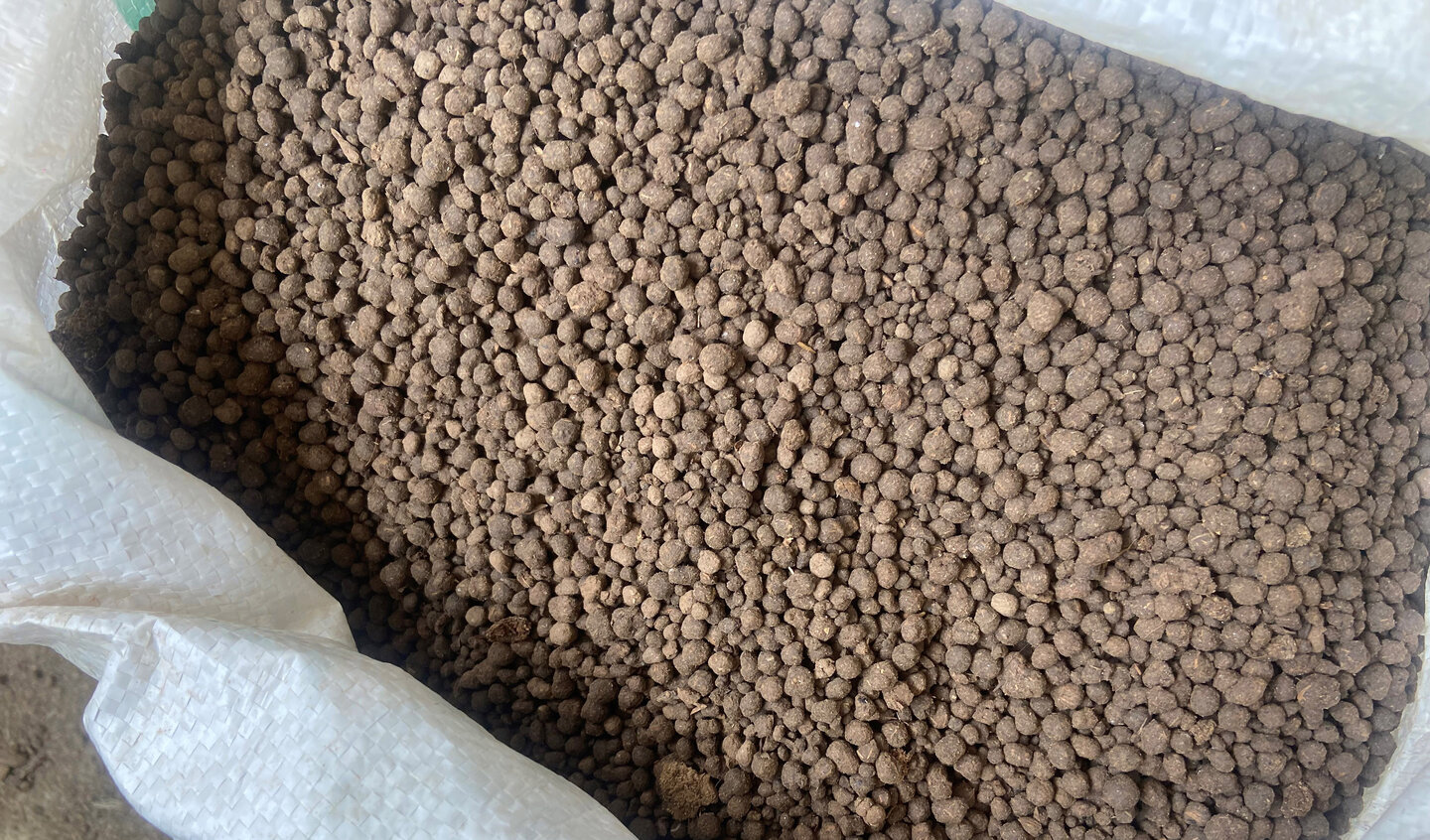Like in the recent years, various news and media outlets in Nepal highlighted how Nepali farmers once again faced a recurring shortage of fertilizer. One particular incident which made it to the headlines and reflected on this acute problem of farmers was when 400 farmers in Dhading seized chemical fertilizers from two trucks which was heading to Kathmandu. Increasing inflation and rising gas prices have resulted to surging global prices of fertilizer; as the government cuts down on its import of fertilizer, farmers become unable to purchase subsidized fertilizers and are forced to cutdown on their production. For instance, while the Ministry of Agriculture and Livestock Development estimates the annual demand for fertilizers to be at 700,000 ton, the imported fertilizer is 300,00 ton which less than half of the amount required by the farmers. For a country who is reliant on agriculture for more than a quarter of its GDP, such shortage can lead to a decline in agricultural production, possible food insecurity, and can even push the struggling farmers into poverty. As farmers in Nepal who are already experiencing a gradual setback in agricultural production due to climate change and soil degradation (also due to increased use of chemical fertilizer over the years) struggle to tackle yet another problem, exploring alternative fertilizers to address this multifaceted set of challenges is the need of the hour.
While Nepali farmers working in small farmlands have been mostly been making use of Farm Add Manure and compost, commercial farmers are largely dependent on chemical fertilizer. As a complete transition to organic fertilizer takes strategic planning and time, transitioning in a hurried manner would not be the right option but increasing production of organic fertilizer and building on knowledge of farmers could contribute to developing self-sufficiency within the country and a gradual shift towards organic farming practices as well. Private sector in Nepal can play a significant role in making quality organic fertilizer available to the farmers and supporting this transition towards more productive and sustainable agriculture. As of 2019, twenty-five private companies who produce organic fertilizers have been established and jointly have a capacity of producing over 100,000 ton annually. Despite some increase in the production of organic fertilizers, farmers’ consumption of organic fertilizer has been lower than anticipated. Most types of organic fertilizers produced by these companies have not been a popular choice of the farmers due to the difficulties they face in application, storage, and transportation. Similarly, farmers’ habitual reliance on chemical fertilizer and fear of reduced production due to lack of quality assurance has also hindered their shift towards organic fertilizers.

It was in the light of these challenges that a group of four youths established Karnali Bio Energy and Organic Fertilizer Private Limited in 2020. As individuals who grew up in farming households, they became exposed to how excessive use of chemical fertilizers has been degrading the quality of soil and feared that it would eventually lead to degrading the soil quality of fertile land. However, they also understood the challenges that farmers faced in making use of organic fertilizers available in the market. After much research and observation of technologies in cities of neighboring India, they came across granular organic fertilizer which can be conveniently stored, easily applied by the farmers, and can also be easily transported. These biofertilizer pellets biofertilizer gradually release nutrients as they are spread by the farmers in the field. Upon further research and development, they found out that the granular fertilizers had the capacity to enhance agricultural productivity without negatively impacting the quality of soil. They make use of raw materials such as sawdust and wood shavings that are waste generated during woodworking, mustard cake, animal bones and waste from slaughterhouse, and animal manures for the production of biofertilizer. The use of these raw materials also have an indirect positive effect on environment as it promotes productive use and proper disposal of waste generated in huge amounts from such industries and sector.
However, like most emerging small companies, the company also faced challenges with regards to upscaling their business in a commercial manner. With the financial and technical support of InElam project of Helvetas, the company has now increased its production, has also included components of working towards improving the awareness of farmers related to nutrient depletion and deteriorating soil quality due to excessive use of chemical fertilizer and giving less priority organic fertilizer. They have also begun coordinating with local as well as provincial government for the promotion of organic fertilizer. The company has already begun manufacturing granule organic fertilizer of 8 metric ton in a day. To continue providing quality fertilizer ensuring essential nutrients (nitrogen, phosphorus, and potash) to the farmers which is higher than the standards set by Department of Agriculture and Development,, they are also ensuring it with organic certification. Leveraging support from local government and Karnali Province whose government has already pledged to transform into ‘Organic Karnali Province’ is ongoing and it will be interesting to watch how the upscaling by private sector can lead to systemic change. Collaborative efforts when led by private companies like Karnali Bio Energy possess the potentiality to not just provide alternative to chemical fertilizer but also provide local employment opportunities, help farmer make a smoother and stable transition to organic farming, promote sustainable agricultural production, and prevent further soil degradation. Regular use of biofertilizer have the potentiality to contribute for improvement of soil health and the farmers could also eventually secure a higher price for their organic agricultural products in the long run.



